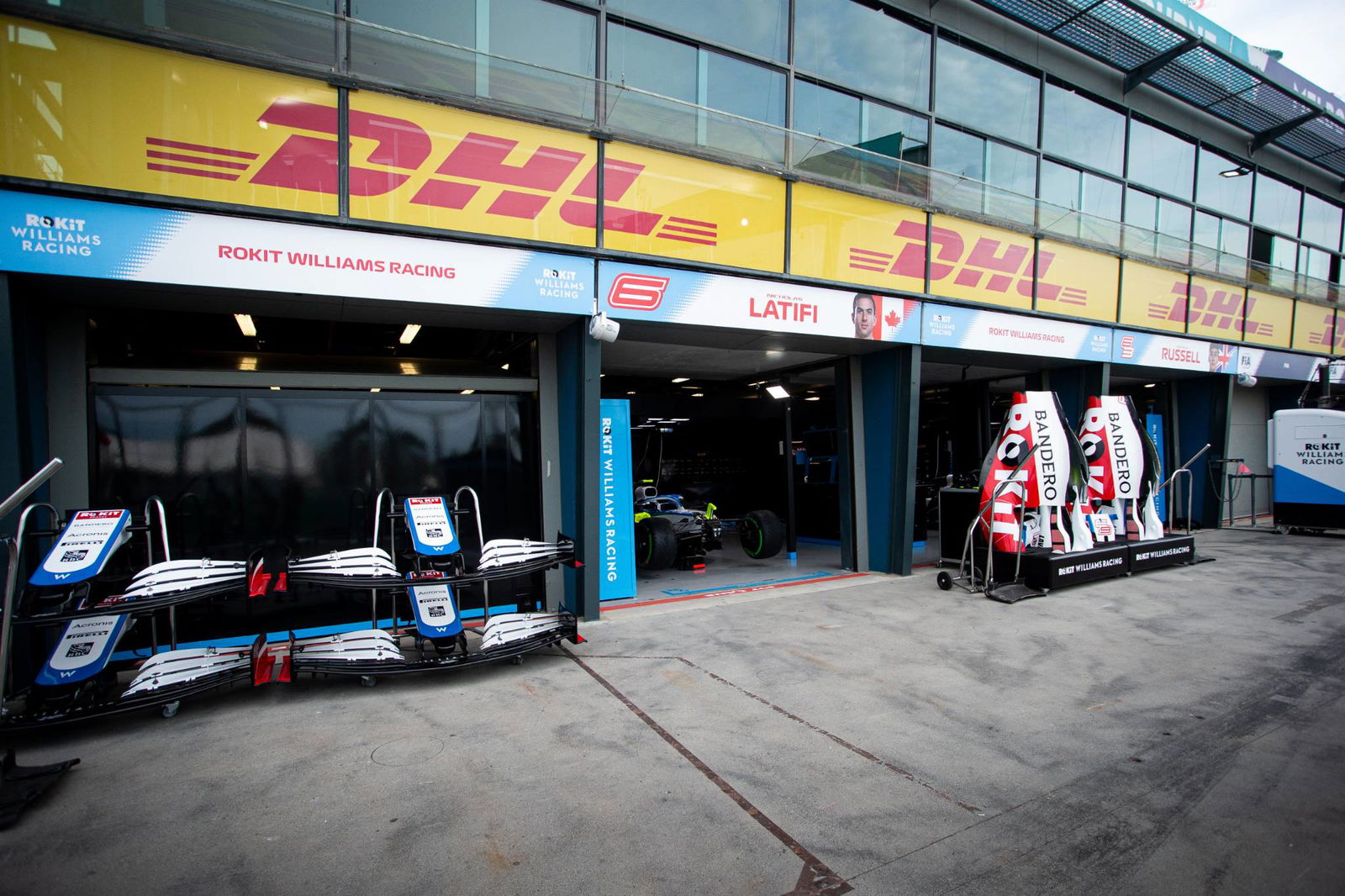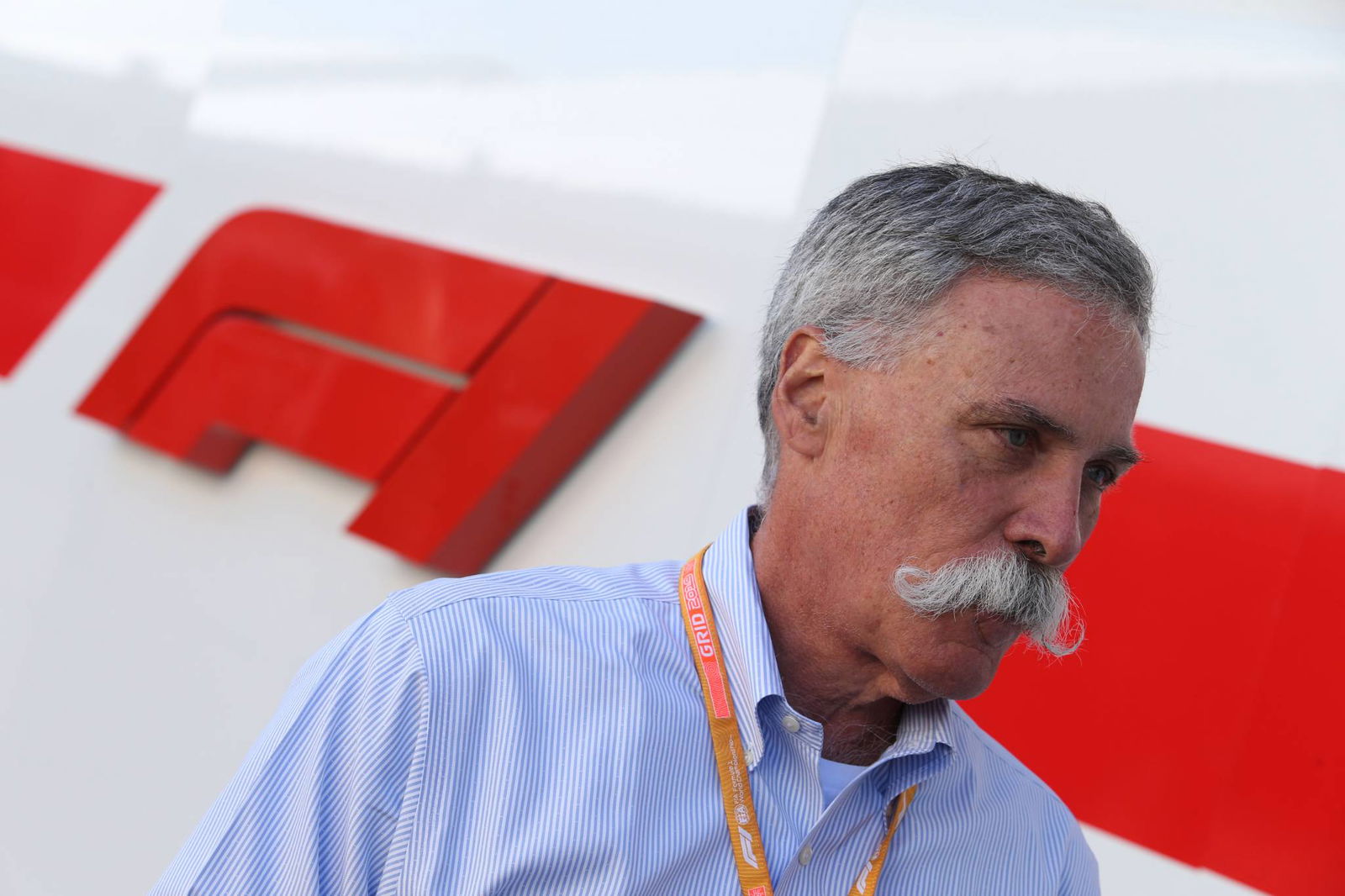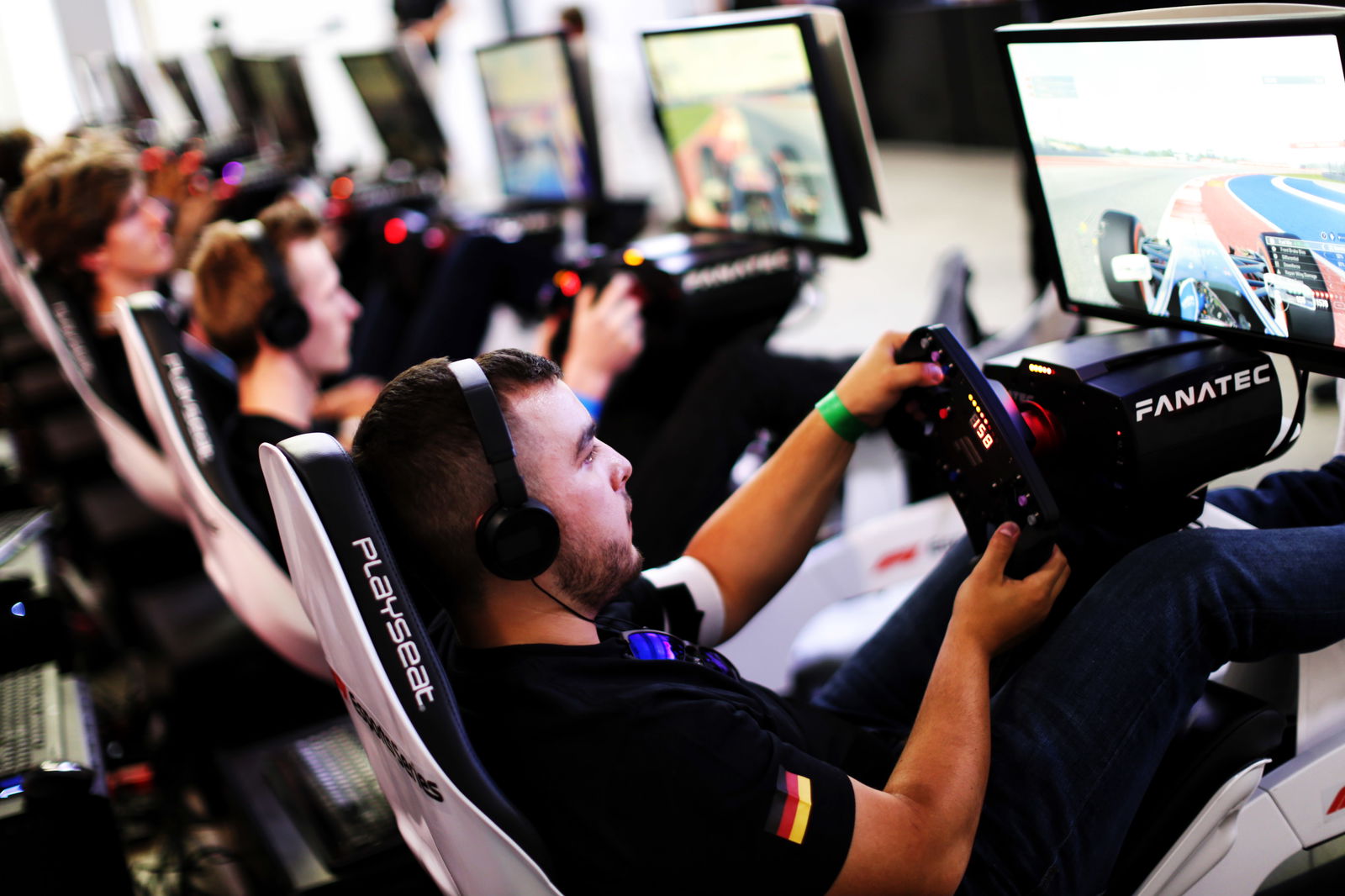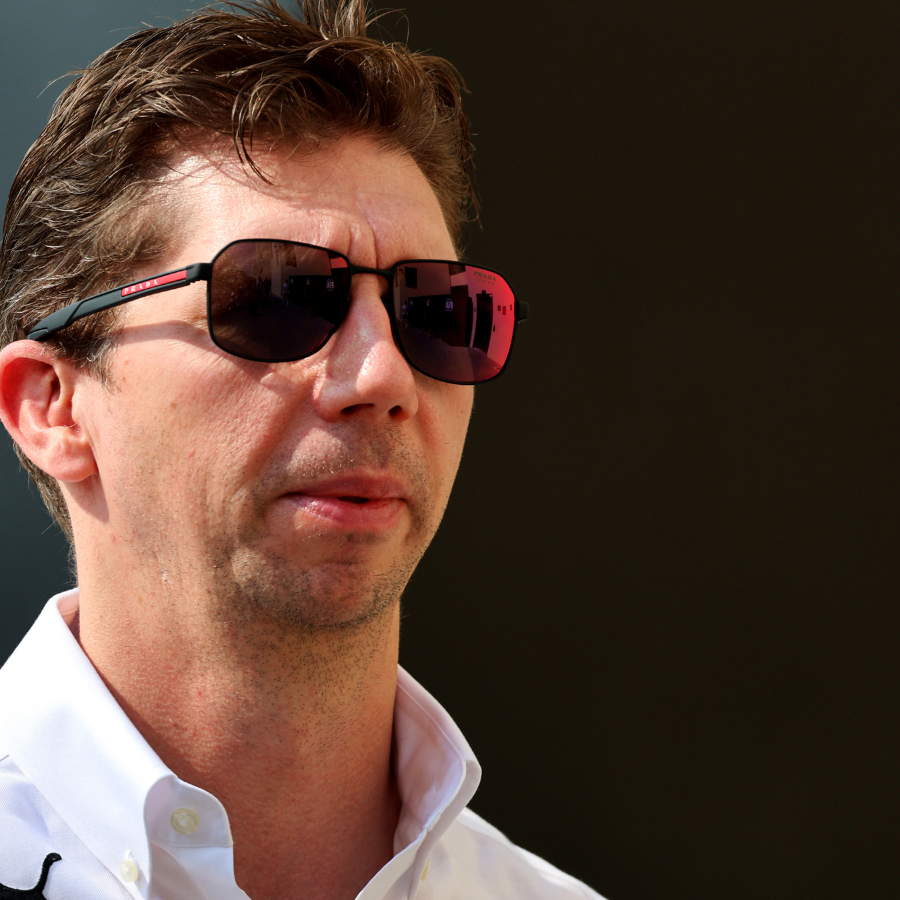How Formula 1’s delayed season will impact each team
The ongoing coronavirus pandemic has caused havoc to the 2020 Formula 1 season, forcing the opening third of the campaign to be delayed.
The opening seven races in Australia, Bahrain, China, Vietnam, the Netherlands, Spain and Monaco have already been postponed, meaning the season will not begin at the very earliest until the Azerbaijan Grand Prix on June 7.
Amid a rapidly-changing situation regarding COVID-19 and its impact on the world, further delays may well emerge in the near-future.

The ongoing coronavirus pandemic has caused havoc to the 2020 Formula 1 season, forcing the opening third of the campaign to be delayed.
The opening seven races in Australia, Bahrain, China, Vietnam, the Netherlands, Spain and Monaco have already been postponed, meaning the season will not begin at the very earliest until the Azerbaijan Grand Prix on June 7.
Amid a rapidly-changing situation regarding COVID-19 and its impact on the world, further delays may well emerge in the near-future.
Teams are now preparing for a mandatory three-week shutdown period between March-April after it was agreed that August’s traditional ‘summer break’ would be brought forward to free up space for potential races.
There is no hiding place for F1 and this unprecedented scenario will affect all 10 competing teams. It is bad news for all involved from both a sporting and financial perspective.
Mercedes
Prior to the COVID-19 outbreak, Mercedes would have been relishing the 2020 campaign getting underway.
It looked by far the team to beat during pre-season testing aside from some engine reliability concerns and appeared well-placed to mount a charge to successfully defend its world championship crowns.
The German manufacturer also stole a march on its rivals from an innovation standpoint by pioneering its Dual-Axis Steering system (DAS) which caused a stir throughout the paddock when it debuted in testing.
While all the teams are set to observe a shutdown period over the coming weeks - in which car development is banned - there is potential for Mercedes to lose some of the early advantage it may have held once the season finally gets underway given some of its secrets have been exposed. Although that means it will have more time to work on those reliability gremlins that hampered its winter programme.
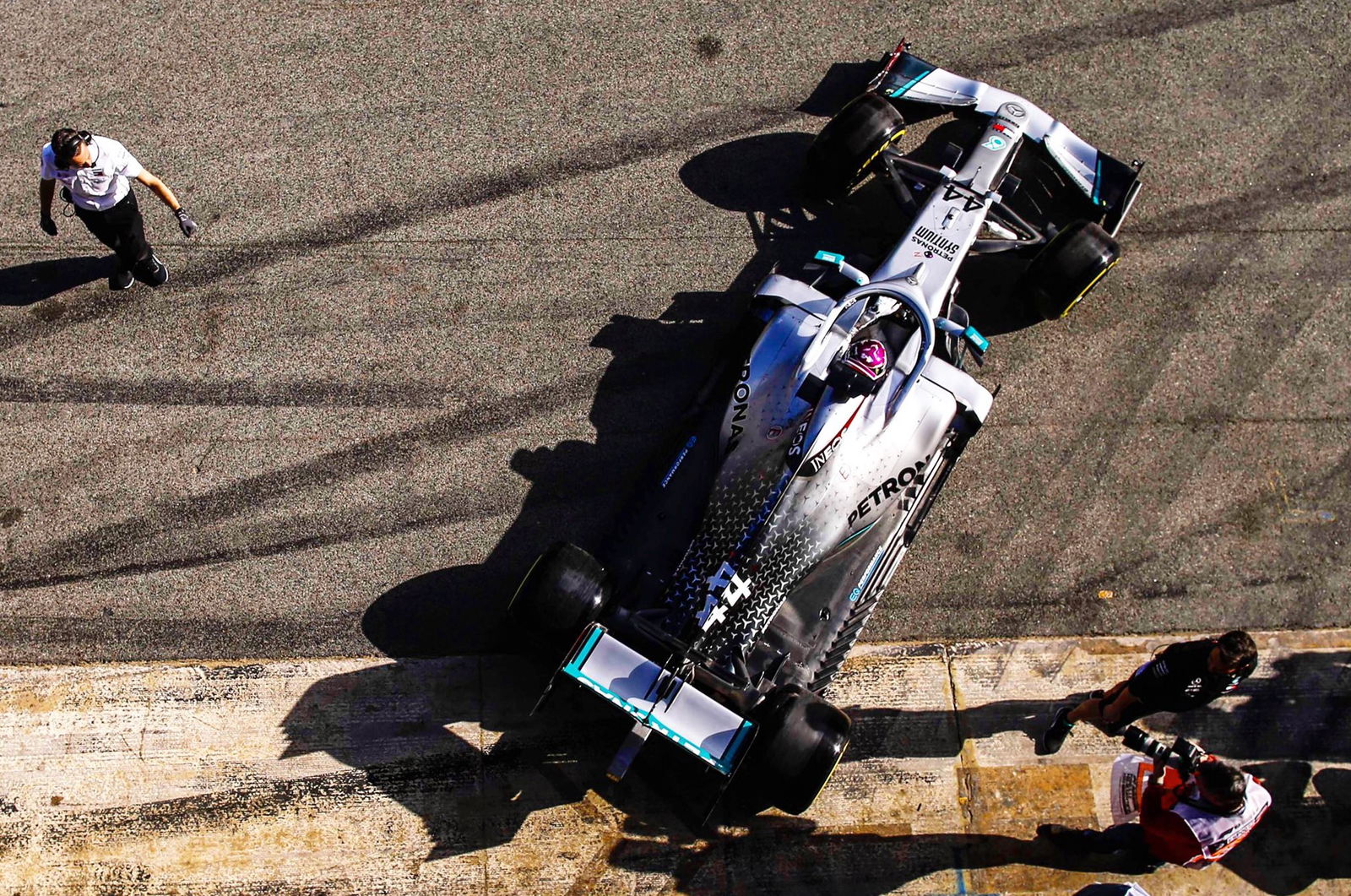
Ferrari
Ferrari had already admitted it would be behind its nearest rivals during the early rounds of the 2020 season, so a delayed start to the season, in theory at least, would have been beneficial.
However, due to the coronavirus crisis in Italy - the worst-hit European county by the pandemic - Ferrari was forced to suspend all production at both its road-car at F1 bases early. It has confirmed it will begin its shutdown period from March 19. The entire Ferrari team also went into self-isolation as a precaution upon returning from the Australian Grand Prix.
“There are a lot of restrictions which have been applied to minimise risks of contagion and that is affecting our development capacity,” Ferrari team boss Mattia Binotto told the official Formula 1 website.
“Now everything is obviously pending. Before the shutdown, we tried to recalibrate the development programs on the basis of various calendar hypotheses but, obviously, we must wait for the evolution of the spread of coronavirus in the world and its effects on the resumption of activities.”
Once its Maranello factory does reopen and preparations get back underway, Ferrari will have time to work on further understanding its 2020 SF1000 package in a bid to extract more lap time from its car for when the season does begin.
Red Bull
Red Bull enjoyed a strong pre-season and exuded an aura of confidence in its hopes of hitting the ground running in style when the lights went out in Melbourne as one of the few teams pushing for the Australian Grand Prix to go ahead before its cancellation.
Max Verstappen, fresh from claiming a career-best third place in 2019, was determined to challenge Lewis Hamilton for the title in 2020 and felt Red Bull’s RB16 package was “fast everywhere” following testing. Gains on both the chassis and power unit side left the team looking to jump Ferrari in the pecking order and establish themselves as the second-placed team to become the new thorn in Mercedes’ side.
That momentum has been somewhat quelled due to the delayed season start, with Red Bull certain it could finally end its run of making slow starts to campaigns this time around.
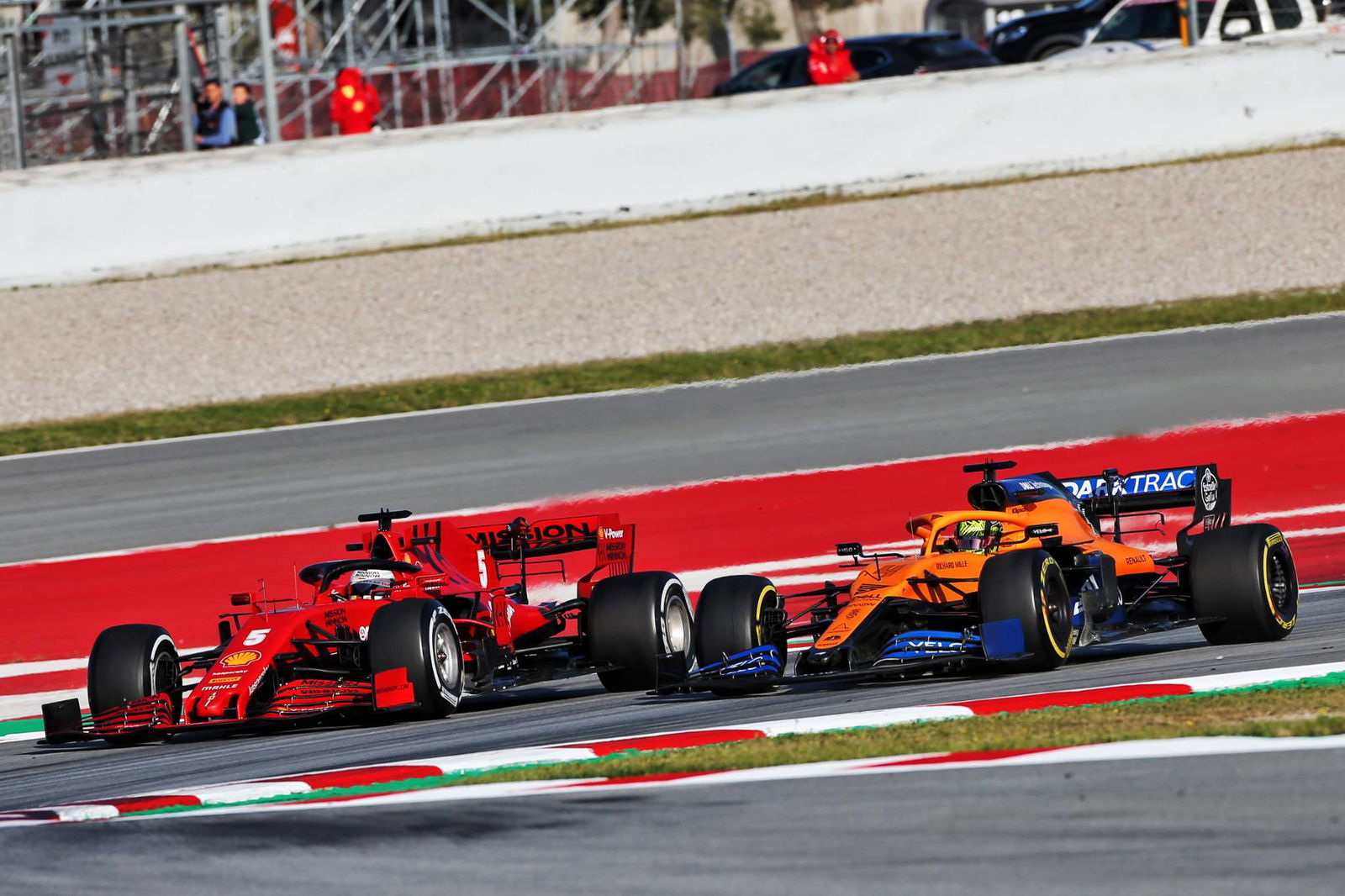
McLaren
McLaren was worst-hit after a member of its team contracted coronavirus in Melbourne, ultimately setting off a chain of events that led to the race being abandoned.
16 staff members are currently undergoing a 14-day period of self-isolation, along with race driver Carlos Sainz, but the Woking squad confirmed this week that the member who tested positive is no longer showing symptoms, while the other seven personnel who required testing for COVID-19 have returned negative results.
McLaren’s focus will be drawn on the wellbeing and recovery of its staff for the time being but once thoughts return to competitive action, there is no reason to suggest it won’t find itself towards the head of the midfield pack once again.
Renault
Renault looked like it had a quick car over one lap in Barcelona and ended testing with one of the fastest overall times, but it remains to be seen whether that will be enough to lift itself back to the head of a tight midfield.
Its situation amid the coronavirus pandemic is unusual in that it splits its F1 operation from its engine base in France and its team headquarters in the UK, causing an additional headache in terms of how to control its workforce compared to teams operating from one location. Could it face further logistical dilemmas due to travel restrictions and government measures when the shutdown ends?
AlphaTauri
Unlike some of its midfield rivals, AlphaTauri benefits from a close relationship with Red Bull through its shared technology programme that sees both cars share a similar development path, and it looked well-placed to make a solid start to the campaign.
Delays will enable Honda to continue to work on its engine both in terms of performance and reliability - a positive for both its customers AlphaTauri and Red Bull. The season is now expected to start in Baku in June, which is traditionally around the time power unit manufacturer’s tend to introduce their second-spec engines for the season.
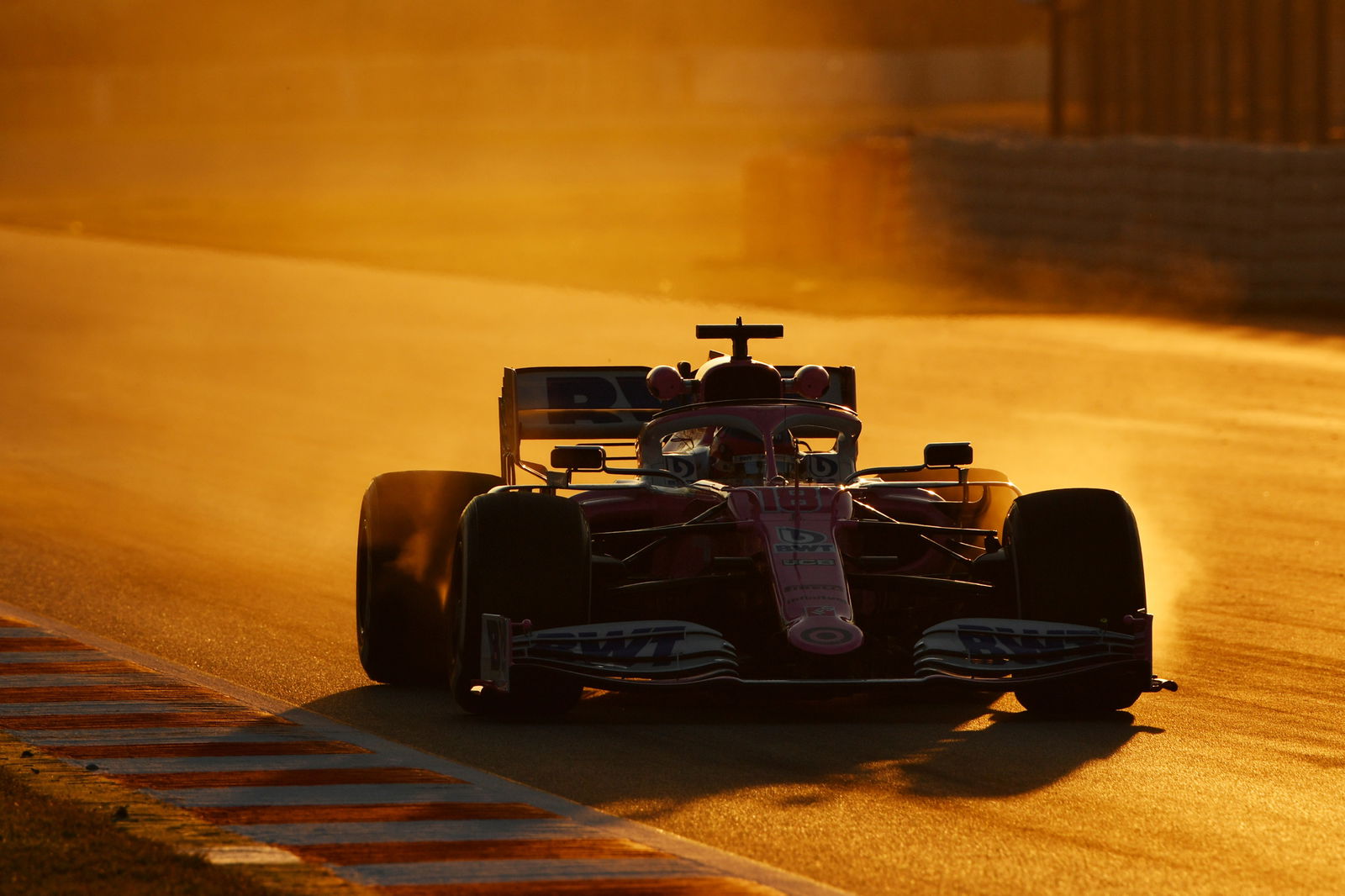
Racing Point
Racing Point had decided to gamble with its 2020 campaign by attempting to follow the aerodynamic philosophy of Mercedes in producing a 2020 car that closely resembled the W10 challenger that triumphed to both world championships.
Technical director Andrew Green said hitting the ground running was imperative for Racing Point’s risk to pay off, so that it could remain competitive throughout the year while also getting a head start on the 2021 rules.
While the regulation overhaul has been postponed by a year until 2022, Racing Point might have just lost the ace it was holding up its sleeve in a bid to return to the top of the midfield order this year.
Alfa Romeo
A delay gives Alfa Romeo time to get on top of its 2020 C38 contender after a not particularly inspiring pre-season test programme.
The team looked set for another middle-of-the-pack squabble once more, so a postponed start is not necessarily the end of the world for the Swiss squad.
Haas
After a disappointing 2019 season, Haas was hoping to turn things around this year. It already lost the chance to get off the mark with a strong result in Melbourne - where it has performed strongly at in recent seasons - when the race was shelved.
The American outfit is not signed up beyond 2020 and with owner Gene Haas weighing up the costs that come with running an F1 team and considering whether its current level of performance warrants a continued stay, beginning the year on the right foot would have provided the boost it needed to help quash any talk of a potential pull-out.
A prolonged spell without racing prompts more questions than answers over the team’s future in F1.
Williams
A minimum 11-week spell with no racing is a dark prospect for Williams, with the British squad looking to lift itself from the mire of a dreadful 2019 campaign and back into a state of relative competitiveness.
Everything went so well during pre-season - aside some Mercedes-related breakdowns - and Williams looks to have made some solid improvements heading into the new season.
But Williams needs to go racing amid difficult financial times, and such a long spell on the sidelines will surely result in a big hit to its finances, meaning the next few months will be hard for those at Grove.
“If we have to shut down our factory, that could be incredibly difficult,” Williams explained.
“It’s also the consideration around if we don’t go to races, then what happens with prize fund money?
“Does that then decrease, which obviously would be incredibly difficult to manage? I suppose at the moment we’re just hoping that that is not the case.
“Obviously we’re having conversations around insurance if it is the case, but it’s not an easy situation to manage.
“You’ve still got wages to pay. Most teams the wage bill is the largest proportion of the monthly expenditure.”
